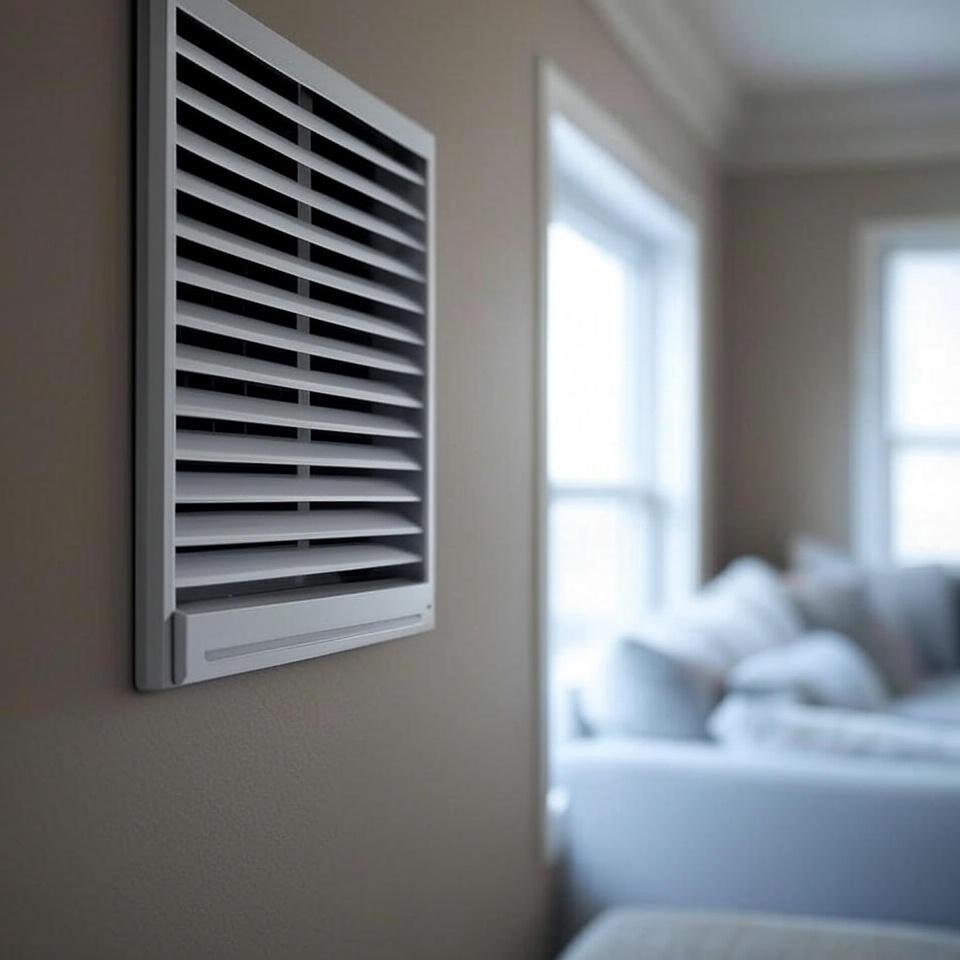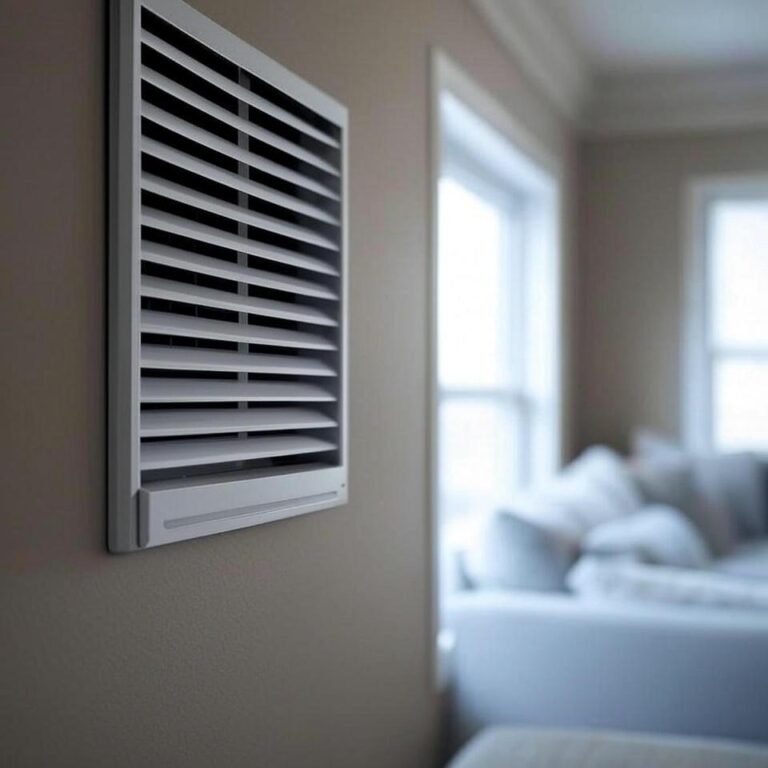
What Is Ventilation? The Complete Guide to Air Exchange Systems
Proper ventilation is essential for maintaining healthy indoor air quality, regulating temperature, and removing pollutants. Whether in homes, offices, or industrial spaces, a well-designed ventilation system ensures fresh air circulation while eliminating stale air, odors, and harmful contaminants.
In this guide, we’ll explore:
✔ What ventilation is and why it matters
✔ Different types of ventilation systems
✔ How ventilation improves health and comfort
✔ Key considerations for choosing the right system
What Is Ventilation? Definition & Purpose
Ventilation refers to the process of exchanging indoor air with outdoor air to maintain air quality, control humidity, and remove pollutants. Proper ventilation helps:
✅ Remove contaminants (dust, smoke, VOCs, CO₂)
✅ Regulate humidity (prevent mold & condensation)
✅ Improve oxygen levels (better breathing & cognitive function)
✅ Control temperature (reduce stuffiness & overheating)
✅ Enhance comfort (eliminate odors & stale air)
Without adequate ventilation, indoor spaces can become stuffy, humid, and polluted—leading to health issues like allergies, asthma, and fatigue.
Types of Ventilation Systems
1. Natural Ventilation
Relies on passive airflow through:
Windows & doors
Vents & louvers
Architectural design (cross-ventilation)
✔ Pros: Energy-efficient, no mechanical parts
✖ Cons: Unreliable in extreme weather
2. Mechanical Ventilation
Uses fans and ducts to force air exchange:
A. Exhaust Ventilation
Removes stale air (e.g., bathroom fans, kitchen range hoods)
Best for localized pollutant removal
B. Supply Ventilation
Brings in fresh air from outside
Often paired with HVAC systems
C. Balanced Ventilation
Combines exhaust & supply (e.g., HRV/ERV systems)
Ideal for energy-efficient homes
D. Spot Ventilation
Targets specific areas (e.g., stove vents, laundry rooms)
3. Hybrid Ventilation
Combines natural & mechanical methods for optimal airflow.
Why Is Proper Ventilation Important?
1. Health Benefits
Reduces asthma & allergy triggers (dust, mold, pet dander)
Lowers carbon dioxide (CO₂) buildup (prevents drowsiness)
Removes toxic chemicals (VOCs from paints, cleaners)
2. Comfort & Productivity
Prevents stuffy, stale air in offices & homes
Reduces excess humidity (stops mold growth)
Improves sleep quality & focus
3. Safety & Structural Protection
Prevents moisture damage (rotting wood, peeling paint)
Reduces radon & CO risks (critical in basements)
Minimizes fire hazards (kitchen grease buildup)
How to Choose the Right Ventilation System
| Factor | Consideration |
|---|---|
| Space Size | Larger rooms need higher airflow (CFM) |
| Climate | Humid areas need dehumidifying ventilation |
| Pollutant Sources | Kitchens need exhaust fans; basements need radon mitigation |
| Energy Efficiency | HRV/ERV systems recover heat/cooling |
| Noise Level | Low-decibel fans for bedrooms/offices |
| Maintenance | Washable filters vs. replaceable ones |
Best Ventilation Solutions by Room
Kitchen → Range hood (300+ CFM)
Bathroom → Exhaust fan (50-100 CFM)
Basement → Dehumidifier + ERV system
Living Room → Balanced ventilation (HRV/ERV)
FAQs About Ventilation
Q: What’s the difference between ventilation and air conditioning?
A: Ventilation exchanges air, while AC cools/recycles existing air. Both can work together.
Q: How do I know if my home has poor ventilation?
A: Signs include condensation on windows, lingering odors, mold growth, and stuffy air.
Q: Can I improve ventilation without installing a system?
A: Yes! Open windows, use exhaust fans, and add air purifiers with HEPA filters.
Q: What’s the best ventilation for allergies?
A: HRV/ERV systems with HEPA filtration reduce pollen, dust, and pet dander.
Conclusion: Why Proper Ventilation Matters
Ventilation is crucial for health, comfort, and safety—whether in homes, offices, or industrial spaces. Choosing the right system (natural, mechanical, or hybrid) depends on your needs, climate, and budget.
Need help improving airflow? Consult an HVAC expert to assess your space and recommend the best solution!

